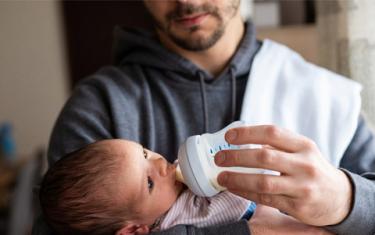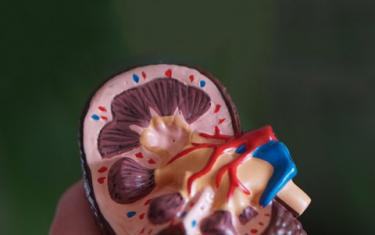
Understanding Macular Degeneration
Macular degeneration is becoming an important public health issue.
Vulval dermatology
Confidently identify, assess, manage and appropriately refer common vulval dermatological conditions.
Cow's milk allergy in infants
Cow's milk allergy (CMA), or cow's milk protein allergy (CMPA), affects up to 1-2% of infants, with 85% of cases resolving by age 5.
Eating disorders
Early detection and treatment of eating disorders are important to improve long-term outcomes.
Gastro-oesophageal reflux disease
How to systematically assess and manage GORD, including lifestyle factors, medical treatments, and when to refer to secondary care.
Mpox
Mpox disproportionately impacts gay, bisexual, and/or men who have sex with men (GBMSM) and their close/intimate contacts.
Anterior cruciate ligament injuries
Covering the clinical assessment of patients with an anterior cruciate ligament (ACL) injury.
Abnormal Uterine Bleeding / Pipelle sampling
Module created by Waitemata DHB for primary healthcare providers practicing in the ADHB and/or WDHB areas.
Minimising harm in opioid drug prescribing
Prescribing opioid medications can be problematic due to potential for dependence and misuse.
Scaphoid fractures
The scaphoid bone is the most commonly fractured carpal bone. The typical injury involves a fall on an out-stretched hand.
Diagnosing dying
To recognise when a patient you are working with is actively dying, i.e., in the last 24-48 hours of life.
Burns: assessment & management
Burns and scalds are a leading cause of injury to children in New Zealand.
Motor Neurone Disease management
The needs of individuals living with Motor Neurone Disease (MND) are complex.
Food allergy in children: diagnosis and treatment
Food allergies can develop at any age but are most common in young children 5 years and under, including young babies.
